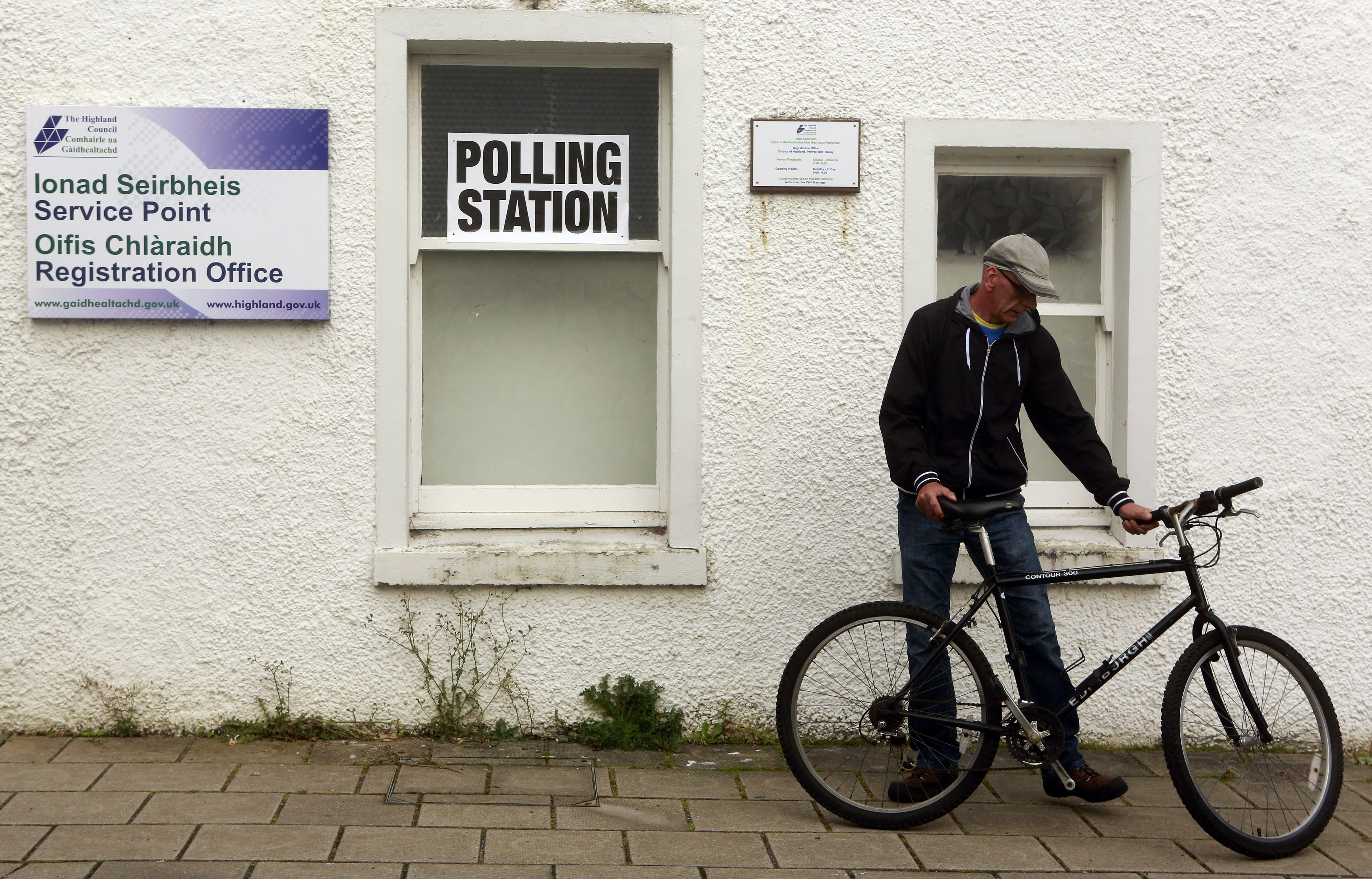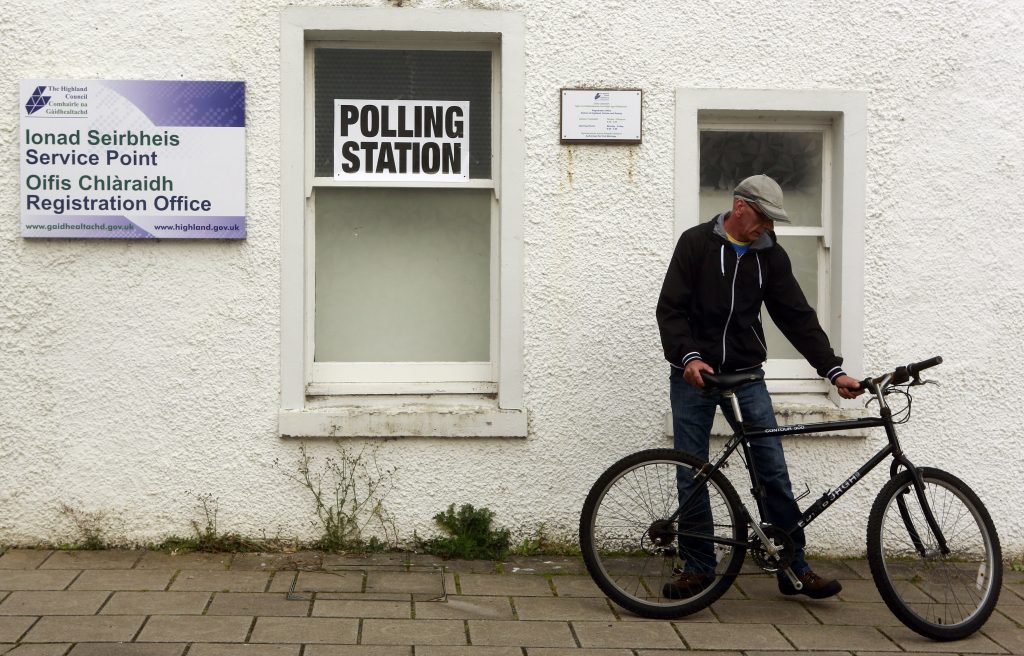
Lord George Robertson: Scottish Vote May Calm Other Secession Moves
Yesterday’s decisive rejection of independence by Scottish voters has sidestepped a “cataclysmic” degradation of Britain, a pillar of the transatlantic community, said Lord George Robertson, a former secretary-general of NATO. It is likely to slow down other secession movements, which challenge governments in Spain, Belgium, Italy and France, he said Friday.
Still, the result—55.3 percent opposing secession from the United Kingdom to 44.7 percent voting ‘yes’—represents a warning to the British government of the depth of disaffection in Scotland, Atlantic Council analysts said.
“The voters of Scotland have opted for pragmatism over romance,” said Atlantic Council Vice President Fran Burwell. “This victory is less due to any campaign skill on the part of the Cameron government, and more due to uncertainty about economic success if Scotland were to be on its own.”
Warning to UK Government
“But the fact that the vote was anywhere near this close demonstrates how much the UK must do to win back the trust and loyalty of its Scottish citizens,” said Burwell, who directs the Council’s transatlantic relations program. “The question today, in the UK and across most of Europe, is how must governments change to win back the support of their many disaffected citizens,” she said in an interview.
In a conference call with journalists and Atlantic Council members, Robertson praised the referendum as a democratic exercise, in which the United Kingdom put on the line a 307-year-old national union. The vote allowed people in Scotland, “with the blessing of the UK government, to make a decision to leave and doing so with reasonable peace and dignity,” Robertson said. He serves as a member of the Council’s International Advisory Board.
Robertson noted the high voter turnout, about 84 percent. “This was active democracy, and yet unpredictable democracy because pre-vote opinion polls had showed it [the likely margin] was very narrow,” said Robertson, who was born in Scotland.
‘Cataclysm’ Averted
Instead, the decisive vote against secession sent a strong message to the UK and the world, he said. “The breakup of Britain—the second military and diplomatic power in the West—at this dangerous time in world history would have been cataclysmic [for geostrategic reasons], because the country would have come down on itself, unpicking the armed forces, broadcasting, industry, and finance, as well as personal relationships.”
Scotland’s secession would have given a new boost to separatist movements in other European nations, such as Spain, France, Italy, and Belgium. But with the strong vote against secession, “I think that will calm some of the other secessionist demands in the world,” Robertson said.
Robertson listed several reasons for the strong secessionist sentiment in Scotland. First, he said, is the unpopularity of the UK’s governing coalition of Conservatives and Liberal Democrats. In a contest that, like many such referenda, was based heavily on emotions, people were using secession as a protest against the government’s austerity programs. Second, a number of people–quite recklessly, he said–wanted to shake up the political system.
Finally, he said that a lot of people were frustrated with what they see as difficult national and international circumstances. “We are faced with this growing reality across the world that as the issues and threats go global, the politics become more local. We see that in countries as big as the United States and in countries as small as Belgium. People are looking inwards to find solutions, despite the fact that the problems are more global,” Robertson said.
The referendum has “left huge scars inside Scottish society which will be very difficult to heal. …A very bruising two-year fight over Scottish secession,” Lord Robertson noted. “There are friends that got so heated in the argument and now don’t speak with each other,” he said.
Image: A man on Scotland’s Isle of Skye arrives at a polling station in Portree, population 2,264, as Scots voted Thursday whether to end their 307-year-old union with the rest of the United Kingdom. (REUTERS/Cathal McNaughton)
